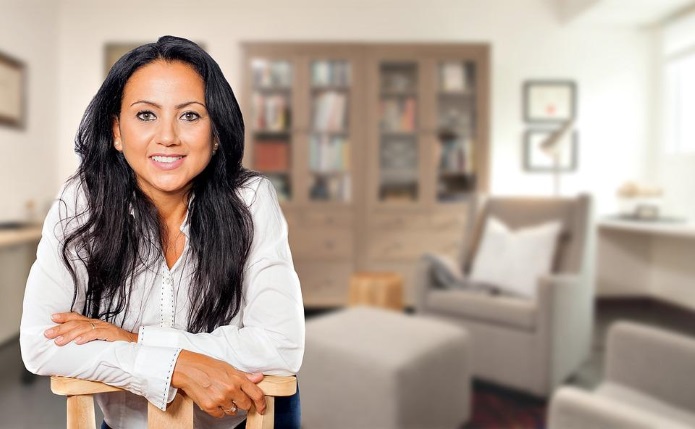
There’s thousands of differences between counselling adults and counselling children. The methods, goals, and outcomes are very different between them too. But there are some similarities.
Often when an adult seeks counselling, one of the biggest parts of the process isn’t so much solving their problem as it is providing the resources and teaching the skills to help them deal with it. It’s exercises, worksheets, and retraining the brain so that the next time something that’s perceived as scary or upsetting or, sometimes even ‘triggering’, they can handle it.
When it comes to children, regardless of what may have motivated the parents to seek counselling, the same will apply. The fundamental goals when providing counselling to a child are to enable them to change their thought pattern, learn to feel good about themselves, and to enable them to deal with painful emotional issues, among others.
Regardless of whether you want to perform counselling on kids or adults, you will need some form of qualification. You can change your careers by studying an online diploma from flexible education providers such as Open Colleges. If your dream is to become a fully qualified psychologist, you will need to study a Bachelors degree with some postgraduate research or coursework, available from major universities or specialist institutions such as University of Derby which also provides online courses.
A key difference between the two is the approach. When counselling a child, there’s more creativity required because they struggle to verbalise complex thoughts and if they’re already struggling with their mental health, the issue can worsen.
Visual media, toys, and analogies are needed to assist in the process. These can go both ways… the counsellor may use a combination of visual media and analogies to explain how problems or perceived problems can be exacerbated when they’re not being addressed. The counsellor may get the child to draw a face to explain how they feel about a certain issue in their life. A common approach to counselling children is to just allow them to play, the theory here is that their guard is let down and children tend to play out real life scenarios or address real situations within their imaginative games.
The real difference between counselling a child and counselling an adult is that the child doesn’t have a past, the adult does. Adults and their mental health can be really influenced by schemas, which put really simply, is something our mind has learned and believes is gospel. So if as a child, you were yelled at by a teacher and then the class laughed at you, you may fear yelling and believe it will always result in shame. The problem is that the brain then needs to be retrained. Unfortunately adults are less likely to play out how it made them feel with dolls — and the counsellor may seem condescending asking an adult to draw a face.
So the biggest difference between counselling a child and counselling adult is sort of how deeply the issue is nestled and what form of communication will be most effective. To answer the question of who would be easier to provide counselling for: it depends. Are you a creative counsellor, do you like investigation and interpretation? Do you like finding new answers to problems as they arise? Are you a kid person?
Or maybe you’d prefer the complexity of the adult human brain, the theory and working out that goes into retraining 20 year old habits. In summary, how long is a piece of string?
| < Prev | Next > |
|---|




